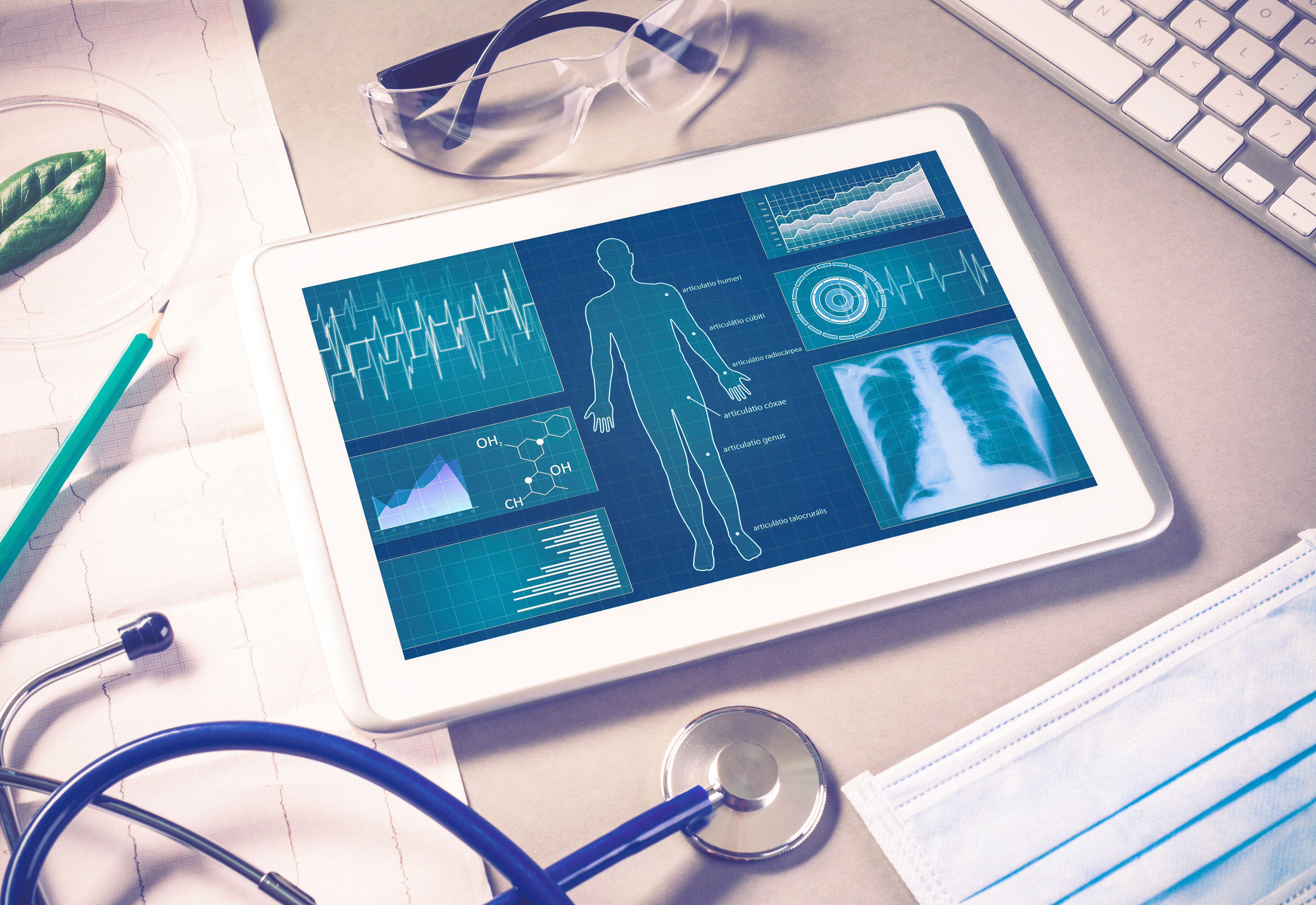Pharma 2023: Roche Turkey’s Digital Platform for HCPs and Patients
Tool highlights efforts to overcome the challenges of remote disease management in Turkey.

Gizem Özbayraç, head of business, agility, digital, and customer excellence, Roche, presented on the topic: “Roche Turkey has developed a digital platform for patients and healthcare professionals (HCPs) to manage the chronic disease journey remotely,” at Pharma 2023. True to the topic, Özbayraç’s first detailed the challenges in Turkey that spurred the development of this platform, initially in multiple sclerosis (MS).
These challenges included on the chronic patients’ side, where they often seek information from multiple online sources, but not all of them reliable. Other hurdles are not tracking symptoms over time; adverse effects or mismanaged disease progression; and problems with adherence to treatments. On the health system side, Özbayraç points to patient non-compliance or disconnect with the patient creating higher costs on the healthcare system.
For Roche, it saw these pain points, and decided to provide a disease management solution. The plan started with ecosystem discovery, then finding health tech startups to build the technology needed, which hadn't existed in Turkey or the surrounding countries. The company then tied in physicians, hospitals, and patient associations for a continuous feedback loop.
An example of this loop emerged when a physician noted that disease-progressing MS patients would not be able to use an AI-enabled chatbot because of their inability to type. The app, therefore, was replaced with a voice-enabled chatbot.
The platform features a mobile app for patients and for physicians, an app for access to the physician portal with a single database where the data is captured. Historically, many physicians in Turkey were using notebooks or WhatsApp as notetaking tools with patients. Hence, nothing was captured in an emergency medical record (EMR), which made patient management even more difficult.
For the patients, the app also featured one-click telemedicine appointments for supportive services. For example, dieticians or psychological support. Basically, Özbayraç noted that the platform is a real-world evidence (RWE) source that makes it more organized and doesn’t require the heavy lift that registries do.
Based on data that patients put in, physicians can get alerts. For example, with MS, disease progression can be determined by deteriorating walking times. If a physician wasn’t scheduled to see a patient for a few months, the alert would recommend the patient be asked to come in earlier.
The platform has been well-received, according to Özbayraç, and Roche is currently building its own clinical study to examine the significance of the outcomes with the app. Özbayraç shared that the app has provided 330 telemedicine appointments; 1,900 content reads; 340 symptom journals; and over 700 active users with a satisfaction of 97%. Roche is rolling the project out to other countries.